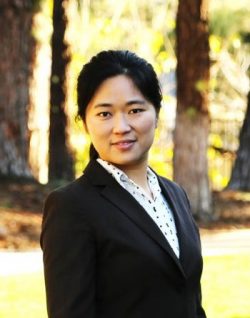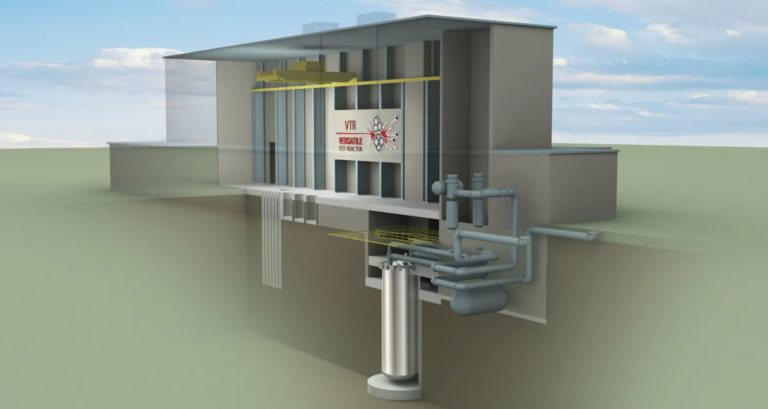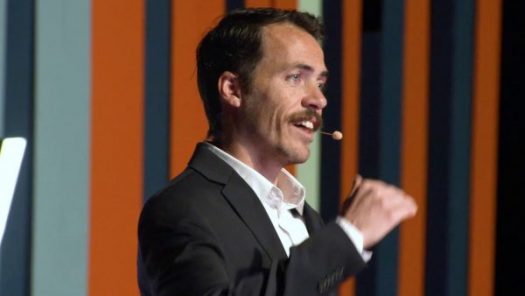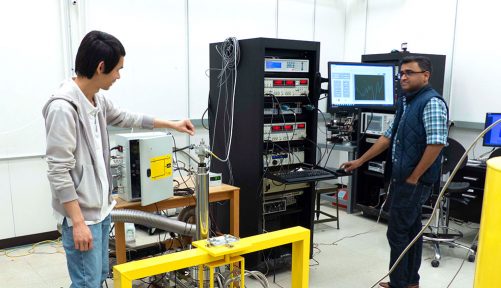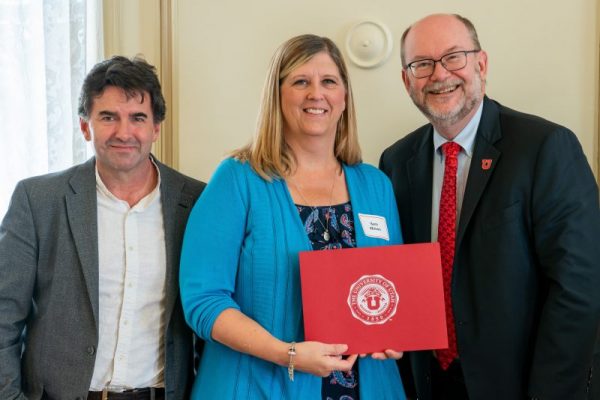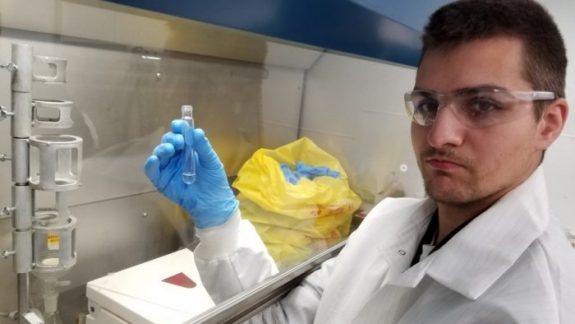The Materials Science & Engineering Department at the University of Utah is pleased to announce that Dr. Huiwen Ji will join the department as an assistant professor. She is a materials chemist working on establishing structure-property links in solid-state functional materials with an unconventional perspective. Though crystalline matters are often characterized by periodic order, of particular interest to her research is how correlated disorder and competing local forces give rise to unusual phenomena that are inaccessible to perfect crystals, yet are crucial for energy storage and many other applications. She approaches these scientific questions by coupling synthesis and property measurements with advanced total scattering and spectroscopic characterizations. Her ultimate goal is to design better materials through controlling disorder and even create flexible disorders that are adaptive to external stimuli.
Dr. Ji comes from Lawrence Berkeley National Laboratory where she was a research scientist in the Energy Storage & Distributed Resources Division. Her position was supported by the John S. Newman Fellowship funded by the Office of Energy Efficiency & Renewable Energy of DOE. She was a postdoctoral associate in the MSE Department at UC Berkeley during 2016–2019. She obtained her Ph.D. in chemistry from Princeton University in 2014.
Dr. Ji will begin her post in January 2021

